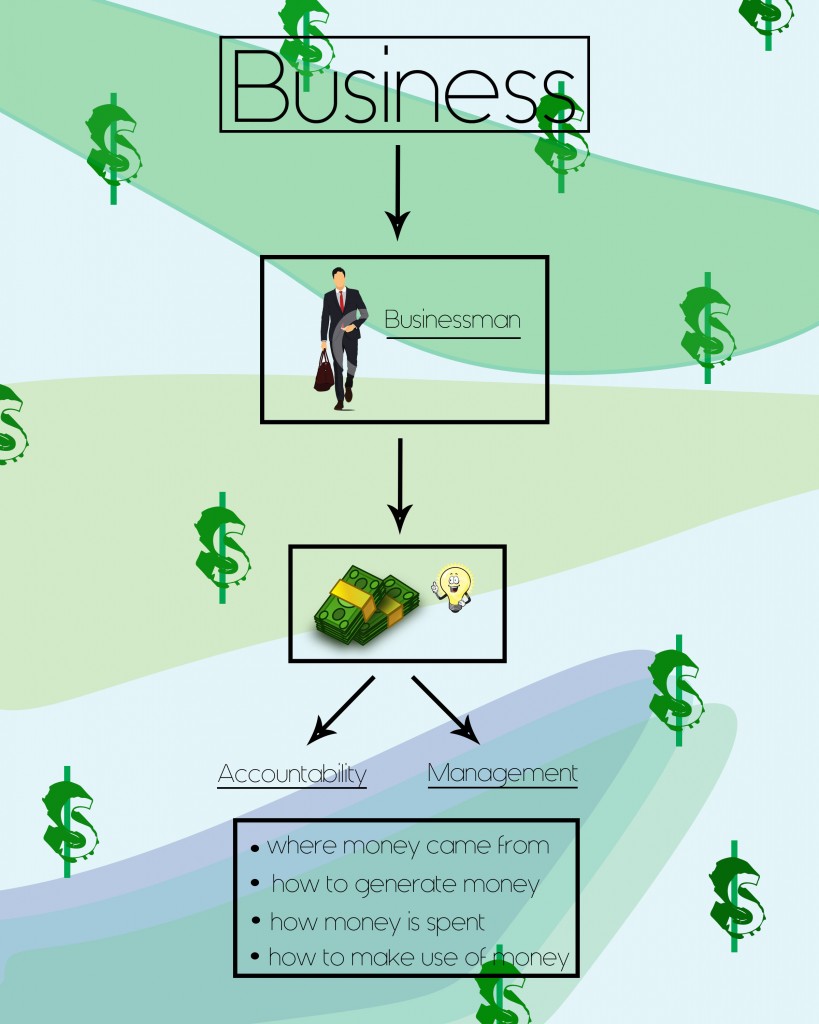Accounting and finance are more than just number-crunching tasks—they are the backbone of every successful business. No matter the size of your enterprise, whether it’s a small startup or a large corporation, understanding and effectively managing your accounting and finance functions can mean the difference between thriving and failing. These two disciplines serve as the compass guiding your business decisions, providing insights into your financial health, profitability, and potential growth opportunities.

The Foundation of Informed Decision-Making
At the heart of every successful business decision is accurate financial data. Accounting and finance provide the data and insights needed to make informed choices. Without these tools, businesses would operate blindly, risking poor decisions that could lead to financial losses.
Here’s how accounting and finance help with decision-making:
- Tracking Income and Expenses: Accounting records every financial transaction, ensuring that income and expenses are accurately documented. This process helps you understand where your money is going and how much revenue you’re generating, providing a clear picture of your business’s financial health.
- Identifying Trends: By analyzing financial data over time, you can identify patterns and trends that may not be immediately obvious. For example, you may notice that your sales peak during certain months, or that your expenses increase in a particular quarter. These insights enable you to adjust your strategy, such as ramping up marketing efforts during peak periods or cutting unnecessary expenses.
- Budgeting and Forecasting: With accurate accounting data, you can create realistic budgets and financial forecasts. This helps you plan for the future, ensuring that you have the funds necessary for expansion, emergency expenses, or unexpected opportunities.
Ensuring Legal and Regulatory Compliance
One of the most important roles of accounting is to ensure your business complies with legal and regulatory requirements. Every business must adhere to tax laws, financial reporting standards, and industry-specific regulations. Failure to comply can result in hefty fines, legal action, or even the closure of your business. Here’s how accounting plays a crucial role in maintaining compliance:
- Accurate Tax Reporting: Proper accounting ensures that your financial records are accurate and up-to-date, making tax preparation straightforward. By keeping track of all your income, expenses, and deductions, you can file your taxes accurately, avoid costly errors, and minimize the risk of an audit.
- Financial Reporting: Many businesses are required to produce financial statements, such as balance sheets, income statements, and cash flow statements. These documents provide transparency to stakeholders, investors, and regulatory authorities, demonstrating that your business is financially sound and operates ethically.
Managing Cash Flow Effectively
Cash flow is the lifeblood of any business. Without proper cash flow management, even profitable businesses can struggle to stay afloat. Accounting and finance play a vital role in monitoring and managing cash flow, ensuring that your business has enough funds to cover expenses, invest in growth, and handle unexpected challenges.
- Monitoring Inflows and Outflows: By keeping track of all incoming and outgoing cash, you can identify potential cash flow issues before they become problematic. This allows you to take proactive measures, such as negotiating better payment terms with suppliers or tightening credit policies with customers.
- Managing Working Capital: Effective cash flow management ensures that you have enough working capital to cover day-to-day operations. This includes paying employees, purchasing inventory, and covering overhead costs. Without sufficient working capital, your business could face delays, disruptions, or even insolvency.
Facilitating Growth and Expansion
For any business looking to grow, having a solid financial foundation is crucial. Accounting and finance provide the insights needed to evaluate opportunities for expansion, whether it’s investing in new equipment, launching a marketing campaign, or opening a new location. Here’s how they contribute to growth:
- Evaluating Investment Opportunities: Financial analysis helps you assess the potential return on investment (ROI) of various projects or initiatives. By comparing the costs and benefits, you can make informed decisions about where to allocate your resources for maximum growth.
- Securing Funding: If you’re seeking external funding, such as a loan or investment, accurate financial records are essential. Lenders and investors will want to see detailed financial statements to assess the viability of your business. Strong accounting practices demonstrate that your business is well-managed and capable of repaying debts or generating a return on investment.
- Strategic Planning: With a clear understanding of your financial position, you can develop strategic plans for growth. This might include expanding into new markets, developing new products, or acquiring other businesses. Accounting and finance provide the data needed to evaluate the risks and rewards of these opportunities, ensuring that your growth strategy is sustainable.
Building Trust with Stakeholders
Trust is a valuable currency in business, and transparency is key to building and maintaining that trust. Accurate accounting and financial reporting demonstrate that your business is well-managed, reliable, and committed to ethical practices. This transparency is especially important for:
- Investors: Investors want to see that your business is financially stable and has the potential for growth. Clear, accurate financial statements provide the confidence they need to invest in your business.
- Creditors: If you’re applying for a loan or line of credit, lenders will assess your financial health before approving your application. Proper accounting practices show that you’re capable of managing debt and repaying loans on time.
- Employees: Even your employees are stakeholders in your business. Financial transparency can help build trust and foster a sense of security, knowing that the company they work for is financially stable.
Bottomline
Accounting and finance are more than just back-office functions; they are essential pillars that support every aspect of your business. From guiding informed decision-making and ensuring compliance to managing cash flow and facilitating growth, these disciplines play a crucial role in your journey toward business success. By embracing sound accounting and finance practices, you equip your business with the tools needed to navigate challenges, seize opportunities, and thrive in an ever-changing marketplace.
Now, it’s your turn! Have you experienced the impact of accounting and finance in your business? Or are you looking to improve your financial management? Share your thoughts and experiences in the comments below!








